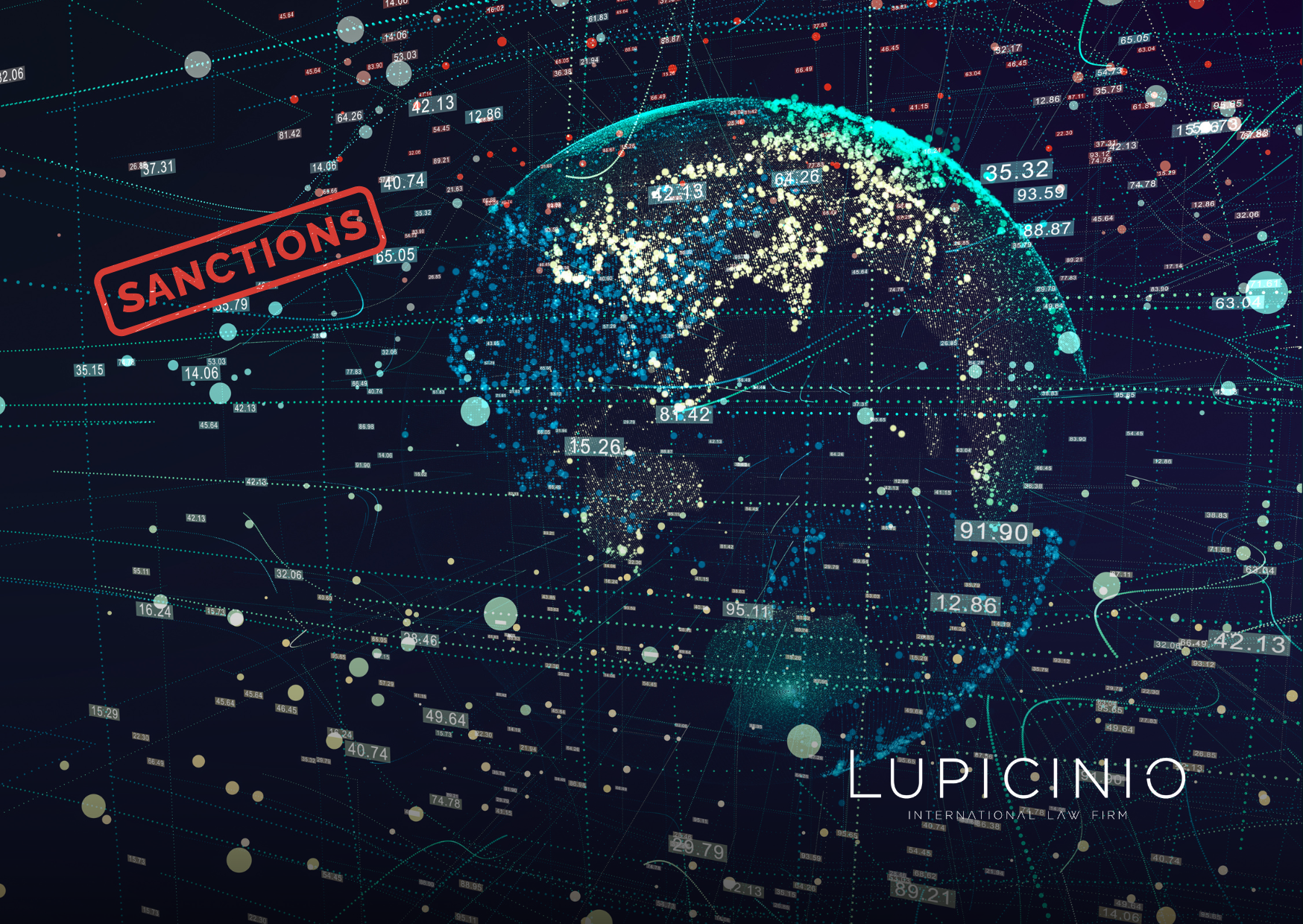The uranium industry is a crucial pillar of the world economy, as it plays an essential role in nuclear power generation. In the current geopolitical context, several Western countries, including the United States, have considered implementing sanctions against Russian uranium imports. This article examines the possible repercussions of such sanctions on the global economy and the economies of the countries involved, with a particular focus on Europe and the US, as well as Russia’s strategies to mitigate these effects.
Tabla de contenidos
Economic impact
of sanctions on Russian uranium
– Impact on the world economy
Sanctions on Russian uranium may trigger a significant increase in the price of uranium. This increase will directly affect the cost of electricity, as nuclear power depends on this resource. As a result, a rise in general inflation is likely to be observed, exacerbated by geopolitical instability in uranium-producing countries such as Niger, a key supplier for France.
– b. Implications for the European Union
Predicting the political behaviour of the European Union (EU) is complex. However, there are growing views in Europe that criticise sanctions for their negative impact on the countries that impose them. A ban on Russian uranium imports could be particularly damaging for several European countries, with France being one of the most affected due to its high dependence on nuclear energy.
– United States strategy
The US has resumed uranium mining operations and sanctioned Russian uranium. This move can be interpreted as an attempt to benefit its own uranium sector, similar to what was observed in the oil industry after the sanctions.
Impact on the Russian economy
and new perspectives
– Damage to the Russian economy
Sanctions are affecting certain sectors of the Russian economy, but the impact has not been widespread. The Russian economy continues to grow, backed by approximately $640 million in foreign currency reserves. However, most of the foreign currency reserves are not in cash, but are a document, an electronic bookkeeping entry in a Western bank, and as the issuers of the reserves are Western, they control Russia’s access to them. To mitigate the effects of sanctions, Russia is actively seeking and finding new markets, especially in Asia and Latin America.
– Expansion in Asia and Africa
Russia is increasing its presence in Asia and Africa, regions that are increasingly relevant in global geopolitics. Russian influence in the Sahel, for example, is growing rapidly, which is significant given the strategic importance of this region.
Conclusion
Potential sanctions on Russian uranium present a number of challenges and opportunities for global and national economies. While countries such as the US seek to benefit economically from these sanctions, Europe faces the difficult decision of balancing its energy dependence and the economic implications of banning Russian uranium. On the other hand, Russia is diversifying its markets, seeking new opportunities in Asia, Africa and Latin America. The evolution of these dynamics will have significant implications for the global economy and geopolitics in the coming years.
******
More information:
Lupicinio International Law Firm
C/ Villanueva 29
28001 Madrid
P: +34 91 436 00 90







